If you saw some of our TV ads, received a flyer, or been directed to this site by a coworker – you have found the right place.
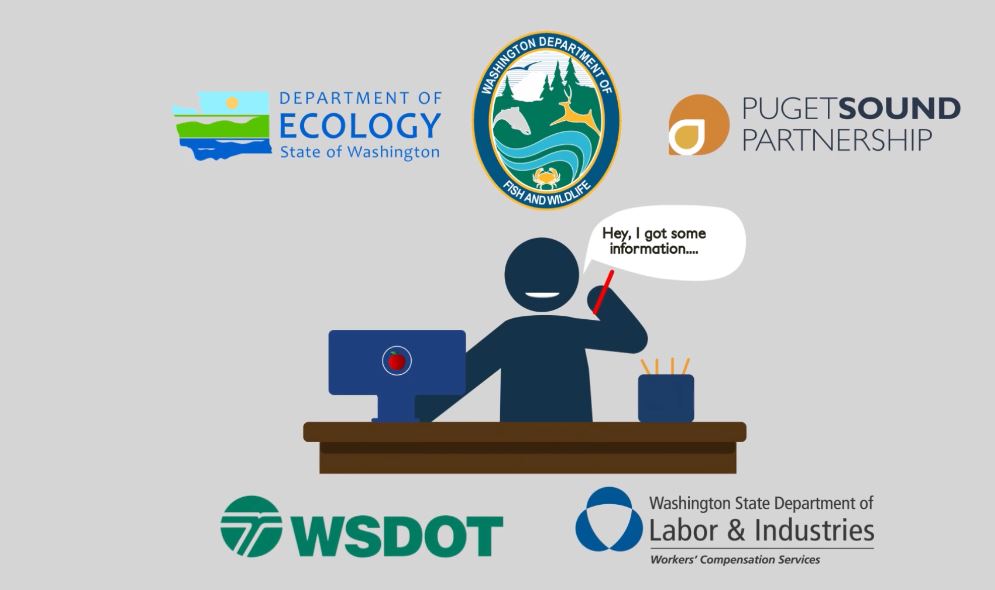
We have worked with whistleblowers in local government for years. This article is intended to be a handy reference for potential local and state government whistleblowers to help you protect your anonymity and to provide some handy suggestions for how you can expose the truth while reducing the likelihood of exposing yourself.
These suggestions are based on years of experience, learning from past mistakes, and experiencing real success making reform and fixing the problems uncovered. For any additional specific questions, or if you want to contact us, please go to the end of this post for how best to contact us. If you want to learn more, this post will attempt to answer the following questions:
- How you can remain anonymous
- Type of information for which we are looking
- How to provide us information
- What do we do with the information?
- Information vetting and priority
- What type of information we Don’t want to receive
- Why the Public Records Act isn’t enough
- How to provide us information
- How to contact us for questions
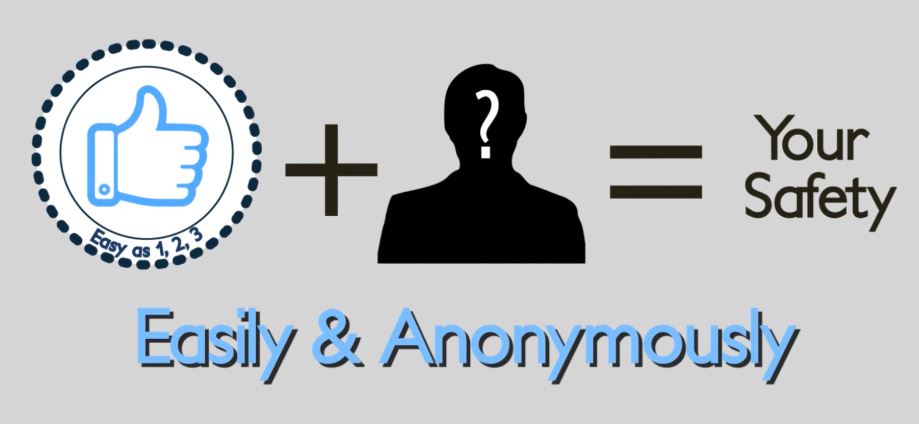
Anonymity is a good policy for whistleblowers who want to keep their jobs
How you can remain anonymous
Anonymity is strongly recommended for potential whistleblowers. We have worked with whistleblowers in the past who were not anonymous, and we admire their bravery and willingness to take the abuse and harassment by politicians and bureaucrats. However, one of the biggest concerns whistleblowers have is that they will be harassed, lose their job, and their career prospects will be harmed. Our experience shows these concerns are justified.
We believe there would be many more whistleblowers if they didn’t have these concerns. Our objective is to expose the truth, and fix the problems. If you can remain anonymous in this process, then we believe we can address more problems in government.
Another benefit of whistleblower anonymity is that the bad actors in your office, your supervisor, or your clients will not know who is exposing the truth. This tends to encourage better behavior. We want to stop the fraud, waste, and abuse.
Here are some simple steps you can take to increase the likelihood of your identity remaining anonymous:
- Do not contact We the Governed from your work computer, phone, or office. Your email records, phone records, and even browsing history is a public record. You can contact us from your personal phone, computer or borrow a friend’s phone to contact us after hours, or during a lunch break off-campus. If you feel compelled to reach out to us from work, consider using a phone or computer that can’t be easily traced back to you.
- Do not discuss your whistleblowing with your coworkers or anyone else who might chat with your coworkers. It is best to keep it a secret.
- If you are planning to meet with us – it is best to pick a location where you are unlikely to meet people who will recognize you.
- Use common sense when collecting incriminating documents.
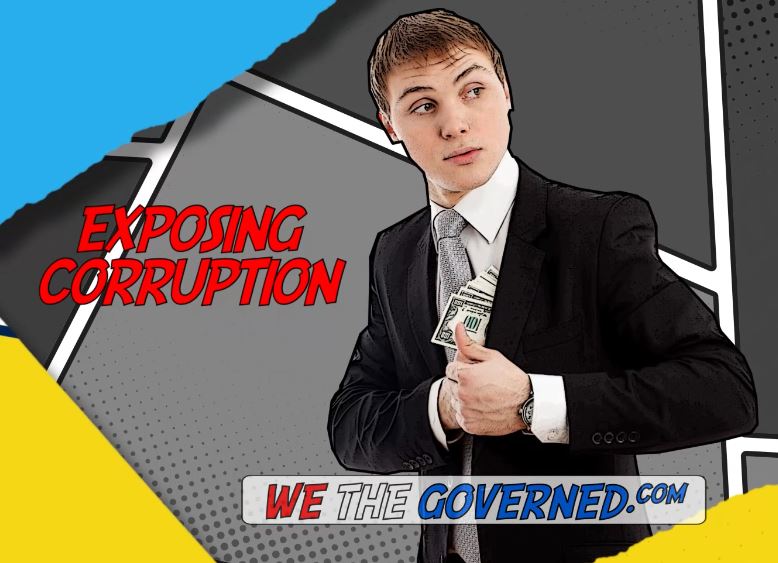
Here is the type of information we look for:
The priority matrix for information is as follows:
- Fraud and Corruption
- Proof of information hidden from previous public records requests (requests made by anyone, not just We the Governed)
- Wasting public funds (it might be legal, but most reasonable people would consider it a waste)
- Incompetence in government (often this is tied to waste of public funds, and is very common)
- Unethical, dishonest, or just plain strange decisions/actions
- Something hard to categorize…we learned long ago that whistleblowers will often expose scandals and issues we never could have categorized in the first place.
How to provide us with information
There are a number of ways you can provide information to us, however here are some basic steps you can take.
- Digital Files are best. We can certainly use hard paper copies of documents, but we usually scan them digitally anyway. Most documents are produced digitally in the first place, so this should be the easiest way to share the information.
Thumb drives are inexpensive and easy to use - Bring a personal thumb drive, backup drive (if you are downloading 1Terabyte of data or more – we recommend this approach), or similar storage device to download the documents. Make sure these have no extra personal documents (i.e. your tax returns or your child’s homework). Thumb drives can be purchased at any Wal-Mart and are relatively inexpensive.
- Remember that your personal (not government issued) phone can be an excellent recording device for photos or audio files if that is part of your evidence chain.
- Original paper copies are fine. Over the last few years, these have tended to be only documents that either existed as the only evidence of otherwise destroyed or purged files, or they are documents with hand-written notes that are relevant to the case.
What do we do with the information?
Our objective is to shine the light on problems, corruption, incompetence, fraud, waste, and abuse. We believe that sunlight is the best disinfectant for government staff infections, and that public exposure is the strongest tactic to force needed improvements, changes, and solutions in state and local governments.
The information you provide to us will be exposed to the public for maximum impact towards positive change. We believe reducing future fraud, corruption, incompetence, and waste is a good thing. Some of the people you expose may disagree. The method and strategy of exposing it will vary and is impacted by many factors including the following:
- How easy and quickly we are able to verify the information we have received. Sometimes we are provided misinformation, and we need to be able to verify the facts and the truth of the information provided. The more complex and the larger the volume – the longer it takes to vet. We work with many dedicated volunteers around Washington State, and while they may not know your identity they will be able to verify the data you provide.
- How many other media outlets are interested in this specific type of story. We have worked with a variety of journalists in the past. If we can provide the information to them clearly, with evidence of vetting, and it happens to be a story they want to cover – this can be effective. Sometimes they may mention us. Sometimes they may not. It is important to remember that most traditional media like newspapers and broadcast news have far less resources to dedicate to research than they did in the past. If you have been ignored by the local media, sometimes this is because they just don’t have the time or resources to vet your story. Unfortunately, sometimes they are also impacted by political considerations.
- If we believe there are criminal activities that can be prosecuted, those types of situations could involve some form of coordination with law enforcement. Sometimes this delays the publicity, but only temporarily.
- If the information clearly reveals a legislative solution to the problems uncovered, we may also work with elected officials (after public exposure) to fix the problems so they are less likely to occur in the future. Politicians and senior bureaucrats both demonstrate improved motivation to address problems when those problems get public attention.
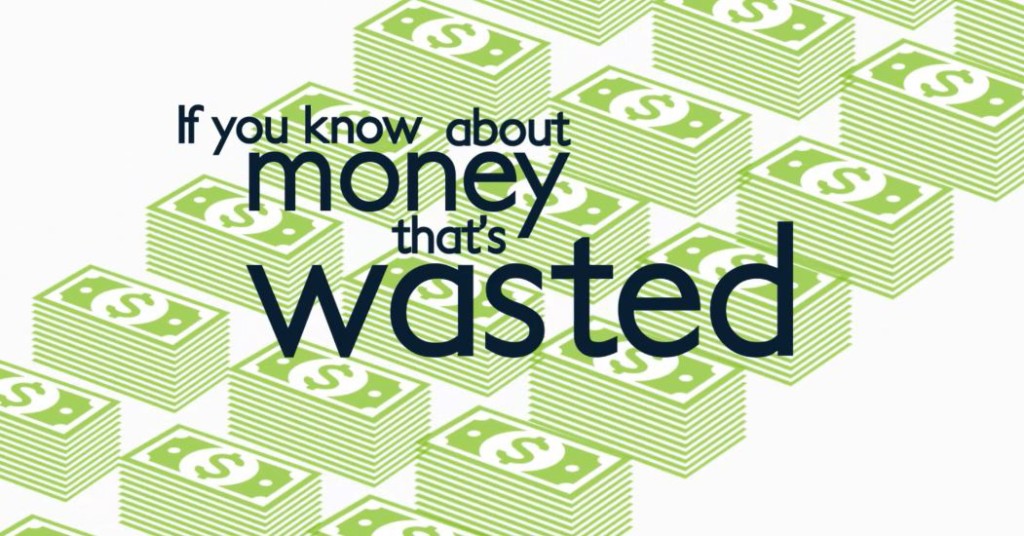
Information vetting and prioritization process
It has been our experience that every fraud,scandal, and bad behaviour has many hours of background story behind it. Few people in the media or the public can absorb all the details. We want to understand these details (and we need the details to vet the source), but we will need to be able to communicate the story concisely. This is rarely as easy as it sounds.
The easier it is to explain, the easier it is to expose the situation, publicize it, and find solutions. This is not an easy or simple process.
As a whistleblower, you are often so close to the situation, scandal or problem that you may not objectively appreciate these challenges. You have years of experience and detailed inside knowledge that the average journalist or citizen does not have. However, we have worked with many whistleblowers before, and we can work with you as well.
The vetting process is also important. This ensures the data and documents are valid. We strive to have multiple sources to verify any claim. Sometimes, this can consist of other employees or workers providing corroborating information. We also may independently file records requests to verify documents.
As much as we appreciate your willingness to come forward and tell us about something, your word alone is rarely enough for us to go public. Please be prepared to bring evidence or proof. You would want the same if you were in our place.
There are techniques and processes that we may be unwilling to discuss because this knowledge could assist bad actors in government find ways to avoid oversight, exposure, or damage the ability of others to expose the truth.
We do not want the following type of information:
When downloading large file and document caches, we particularly request that you do not provide us personal information that could be used for illegal activity like identity theft. Typically this would include personal medical records and social security numbers. If you have documents that contain this type of information, we request that you redact it in advance. Otherwise, we have to redact or destroy it ourselves.
We will notify you if we are forced to destroy these records, but if a whistleblower persists in sending us files that contain this type of information, we are going to refuse to receive them. We are striving to solve problems, not create more.
Why the public records act is not enough.
We strongly support Washington State’s Public Records Act. We believe it is a powerful tool for activists, journalists, and citizens to hold government at all levels accountable and more honest. We encourage other states to adopt similar transparency laws, and we support the Washington Coalition for Open Government in their efforts to protect and maintain these laws.
However, over the last few years we have witnessed an increasing sophistication and ability by some senior bureaucrats, agencies, vendors, and others to avoid scrutiny and exposure by the public. It has also been our experience that people who work for these local and state government agencies know the inside problems and challenges best and can save a tremendous amount of effort and time if we would just listen to them.
We are here to help you expose the truth.
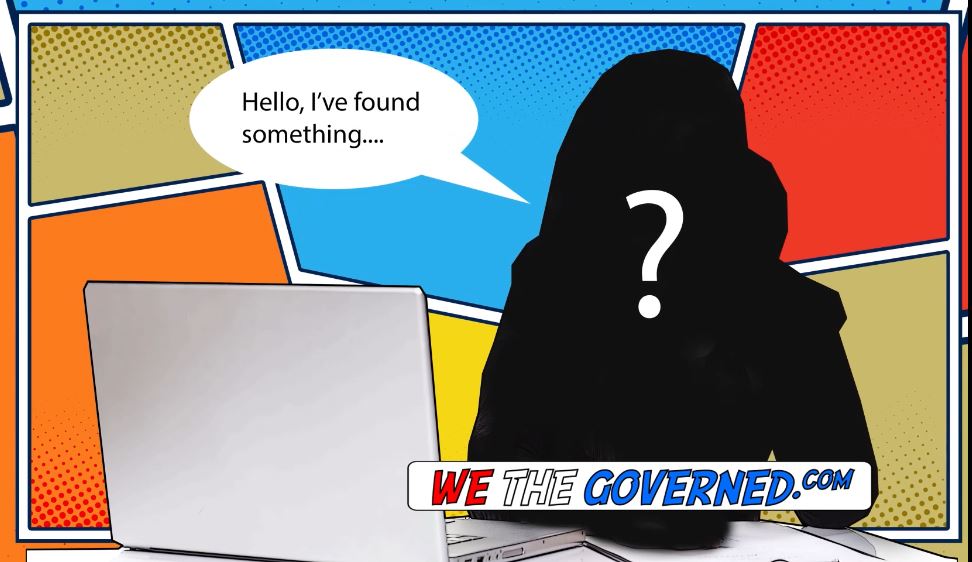
How to provide us information:
By mail – package or envelope:
We the Governed
1001 Cooper Pt. Rd SW, Suite#140-222
Olympia, WA 98502
Please package thumb drives, portable hard drives, and other media in appropriate media mailers and with proper packaging. Please provide a note or letter detailing what type of files and information is provided. Identify the agency, and explain the problem the original documents are exposing.
By email:
glen@wethegoverned.com
By phone or text:
contact us via email first.
In person:
We will meet any whistleblower only after a conversation on the phone, and we are happy to make an appointment to meet with you.
Other whistleblower resources:
National Whistleblowers Center (if you want to go public and litigate)
Taxpayers Against Fraud Education Fund (good reference for fraud by private companies defrauding the Federal government)
Washington Coalition for Open Government
Previous Articles written by Glen Morgan, back in his Freedom Foundation days about Whistleblowers and Open Government:
Attention State Workers: You Can Also Be a Whistleblower (June 11, 2013)
The Unions Won’t Protect Whistleblowers (June 12, 2014)
To Catch a Thief (Oct 1, 2013)
Washington Police Chiefs Director clueless about electronic home monitoring failures (Feb 25, 2014)
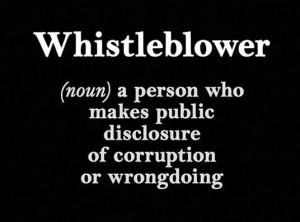
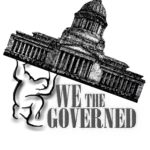

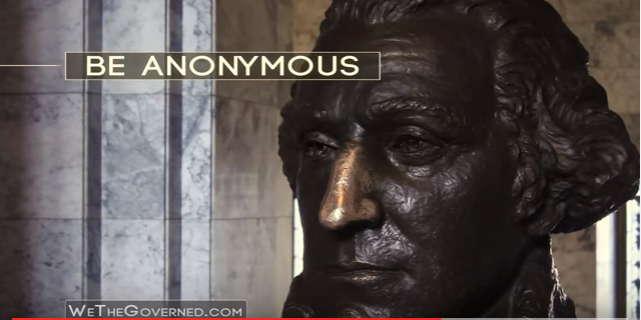
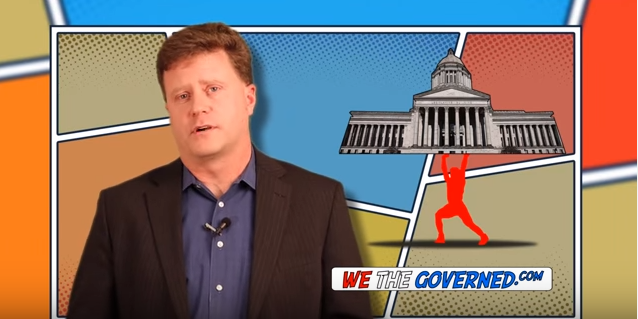





Very nice commercial Glenn, great job and I will do what I can to get the word out.
Comments are closed.